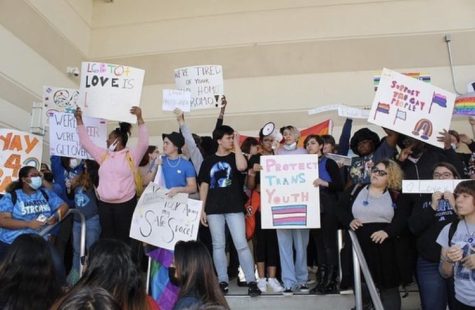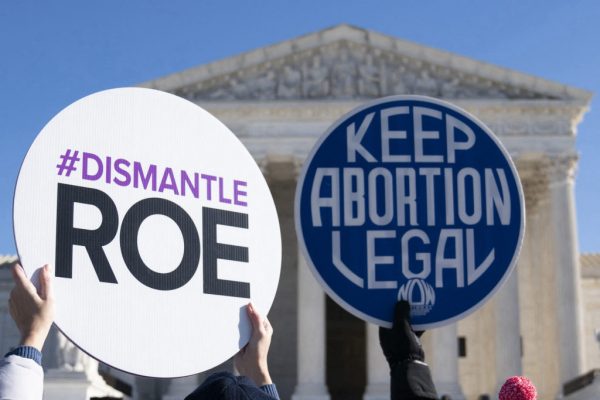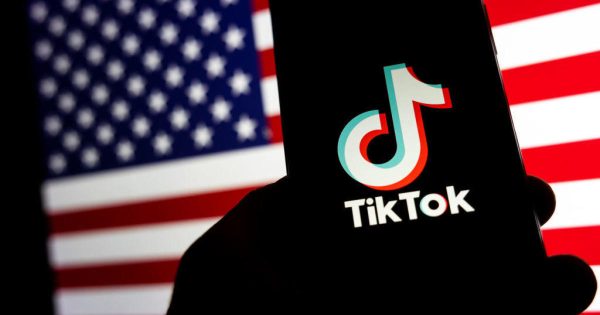Florida’s Attack on LGBTQ Normalization
The LGBTQ+ community has been under attack throughout history. As a minority group, they have had to come up with secret ways of expressing themselves and finding other people like them out of fear of not only being ostracized by family members and their communities, but even the fear of death. The LGBTQ community has fought hard for the rights they have gotten throughout the years, but recently there has been an attack on these rights, and this is bringing awareness to the ongoing struggle.
The Florida Senate passed the “Parental Rights in Education” bill limiting the discussion of LGBTQ+ matters for children. It essentially makes it illegal for schools to conceal a child’s orientation, sexual identity, and mental health issues from parents, even if the student doesn’t want the information released to their parents. This is very dangerous for multiple reasons. A student might not want their identity disclosed because of their parent’s personal beliefs. This bill would in essence allow schools to out a student, which can have detrimental effects on their mental health. “Parents have a right to be concerned for their own children. However, public school is by nature a diverse atmosphere of our communities,” said Ms. Amburgey, An 11th-grade English teacher, and The Gay-Straight Alliance sponsor.

People who support this bill say that they are against teaching sexuality to younger children. However, the bill’s details have been specific towards limiting “sexuality” around LGBTQ individuals in school, not the ones of heterosexual relationships. “All children should be exposed to age-appropriate, correct facts. Children should know that all kinds of humans exist,” commented Ms. Amburgey. When children are at such a young age and in a school environment, it is unlikely that their educator would divulge in telling them the graphic nature of sexuality of not only the LGBTQ community, but heterosexual relations as well.
Even though the “Parental Rights in Education” bill targets elementary school children, some believe this might open the door for LGBTQ legislation for older groups of children. As a result, protests and walkouts from high school students to Disney workers have led to even more attention surrounding the bill. “Gen Z is far more accepting of the concept that sexuality and gender identification are on a spectrum, and that their focus is more on consent and being a good human,” replied Mrs. Amburgey. Even compared to Millennials, Gen Z across the board tends to be a lot more likely to be allies to the LGBTQ, as well as be less likely to subscribe to rigid traditional gender roles. A bill like this passing today, as opposed to the early 2000s, is going to receive a lot of pushback. Our culture has changed to be more accepting amongst young people, even in a conservative Republican-run state like Florida.
The goal of LGBTQ instruction, especially at younger ages, is to foster acceptance–to have children of all ages realize that some people have a mom and dad, two moms, or two dads. It should be acceptable to help children understand that some people are girls, others are boys, some are non-binary, and they all deserve respect. As Ms. Amburgey said, “The beauty of public school is that we can celebrate, support, and respect our differences. If children do not see themselves reflected positively in the curriculum, they become disengaged and isolated.”





